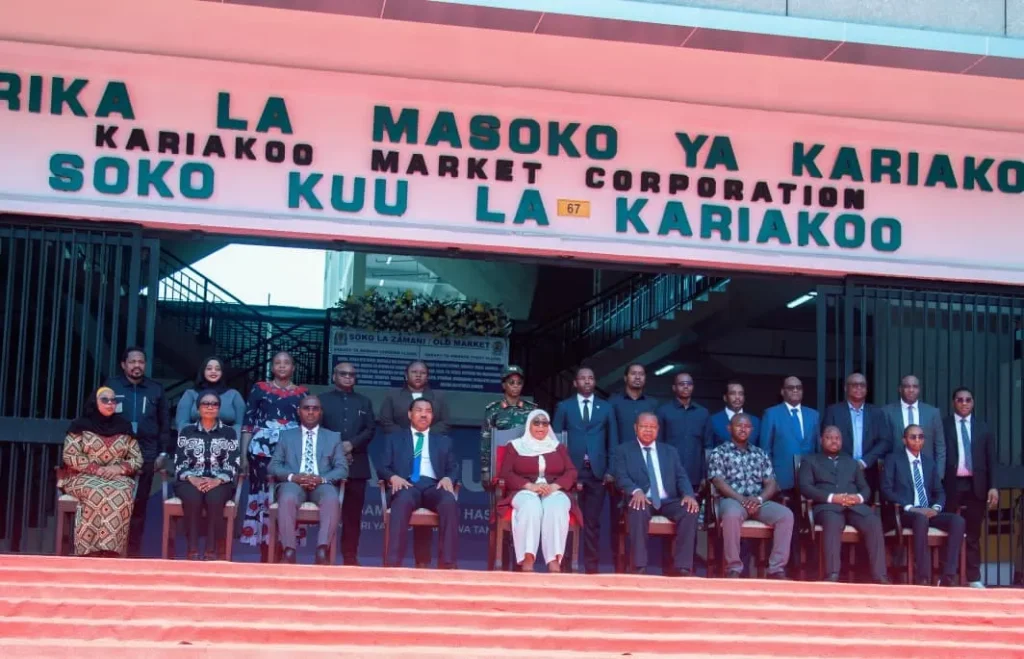For the first time since the end of apartheid, South Africa’s ruling African National Congress (ANC) has lost its parliamentary majority, with early election results showing a significant decline in support for the party that led the nation to democracy. This unprecedented shift signals a new era in South African politics, forcing the ANC to seek coalition partners to maintain power.
A Dramatic Drop in Support
With nearly all votes counted, the ANC secured just over 40% of the vote, a sharp decline from nearly 58% in the previous election. While still the largest party, the ANC’s loss of a majority marks a historic break from its dominance since the end of white minority rule. The public vote determines the composition of South Africa’s parliament, which in turn elects the president. Without a majority, the ANC must rely on other parties’ lawmakers to re-elect President Cyril Ramaphosa, who may face internal calls to step down amid the party’s weakened position, though no clear successors have emerged within the ANC (‽web:0,1).
Coalition Negotiations on the Horizon
The ANC now faces complex negotiations to form a coalition government. Early results indicate the Democratic Alliance (DA), a centrist opposition party, holds around 21% of the vote, making it a key player. The uMkhonto weSizwe (MK) party, led by former President Jacob Zuma, garnered over 14%, particularly in KwaZulu-Natal, while the Economic Freedom Fighters (EFF), a far-left group, secured about 9%. Opposition leaders celebrated the results as a transformative moment, arguing that the ANC’s long-standing grip on power needed disruption to address South Africa’s challenges (‽web:0,1,2,3). The urgency of forming a coalition is high, as parliament must convene to elect a president shortly after final results are declared.
Challenges to ANC’s Legacy
The ANC retains significant loyalty for its role in dismantling apartheid and implementing social welfare and economic empowerment policies that have lifted many Black households out of poverty. However, its three decades of near-uncontested rule have been marred by large-scale corruption scandals implicating its leadership. South Africa, Africa’s most industrialized economy, has struggled with stagnant growth, record-high unemployment (32%), and rising crime rates, eroding public trust (‽web:1,2,6,8). Critics argue that these systemic failures have fueled voter discontent, paving the way for opposition gains.
A Turning Point for South Africa
This election marks a pivotal moment for South Africa’s democracy, challenging the ANC’s dominance and introducing coalition politics for the first time. The outcome reflects growing public frustration with governance failures, setting the stage for intense negotiations and potential political realignment. As the ANC navigates this uncharted territory, the nation watches closely to see how its leaders will adapt to a fractured political landscape.






